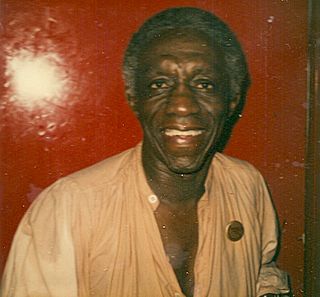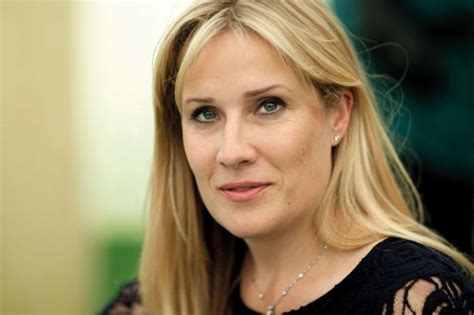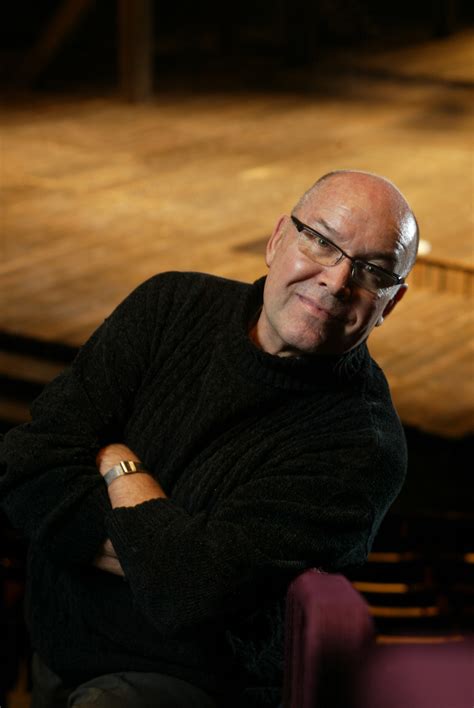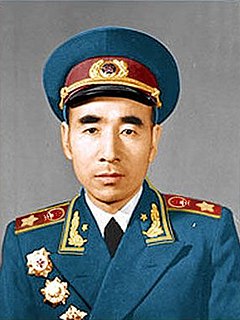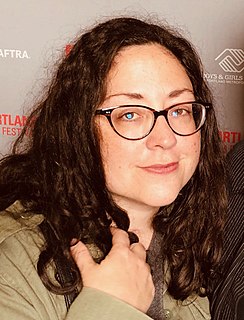A Quote by Teju Cole
Yes, there's a relaying of internal states that only a novel can achieve. In my view, the novel is one of Europe's greatest gifts to the world. America and Africa collaborated to give the world jazz. We'll call it even.
Related Quotes
A novel is not an allegory.... It is the sensual experience of another world. If you don't enter that world, hold your breath with the characters and become involved in their destiny, you won't be able to empathize, and empathy is at the heart of the novel. This is how you read a novel: you inhale the experience. So start breathing.
There is a document in every novel in the world. Even in the most fantastic novel, even in science fiction, there is a documentary side. But, this side is not the crux of the matter. I don't think a novel's main donation, main gift, is the document. The document is there, but a novel goes beyond documentation. It goes into opening a new vista, opening a new perspective, showing familiar things in an unfamiliar way.
Industrialized countries have disproportionately more cancers than countries with little or no industry (after adjusting for age and population size). One half of all the world's cancers occur in people living in industrialized countries, even though we are only one-fifth of the world's population. Closely tracking industrialization are breast cancer rates, which are highest in North America and northern Europe, intermediate in southern Europe and Latin America, and lowest in Asia and Africa.
Fitzgerald could sense that America was poised on the edge of a vast transformation, and wrote a novel bridging his moment and ours. The Great Gatsby made manifest precisely what Fitzgerald’s contemporaries couldn’t bear to see, and thus it is not only the Jazz Age novel par excellence, but also the harbinger of its decline and fall.
The more readings a novel has, even contradictory, the better. In journalism, you talk about what you know; you have provided yourself with records, you have gathered information, you have performed interviews. In a novel, you talk about what you don't know, because the novel comes from the unconscious. They are very different relationships with words and with the world. In journalism, you talk about trees; in the novel, you try to talk about the forest.
If someone does learn about the world from reading a novel of mine, that makes me very happy. It's probably not what brings me into the novel in the first place - I usually am pulled in by some big question about the world and human nature that I'm not going to resolve in the course of the novel. But I'm very devoted to getting my facts straight.
The point is, that the function of the novel seems to be changing; it has become an outpost of journalism; we read novels for information about areas of life we don't know - Nigeria, South Africa, the American army, a coal-mining village, coteries in Chelsea, etc. We read to find out what is going on. One novel in five hundred or a thousand has the quality a novel should have to make it a novel - the quality of philosophy.
Our time has been distinguished, more than by anything else, by a mastery, a control, of the external world, and by an almost total forgetfulness of the internal world. If one estimates human evolution from the point of view of knowledge of the external world, then we are in many respects progressing. If our estimate is from the point of view of the internal world, and of oneness of internal and external, then the judgment must be very different.



